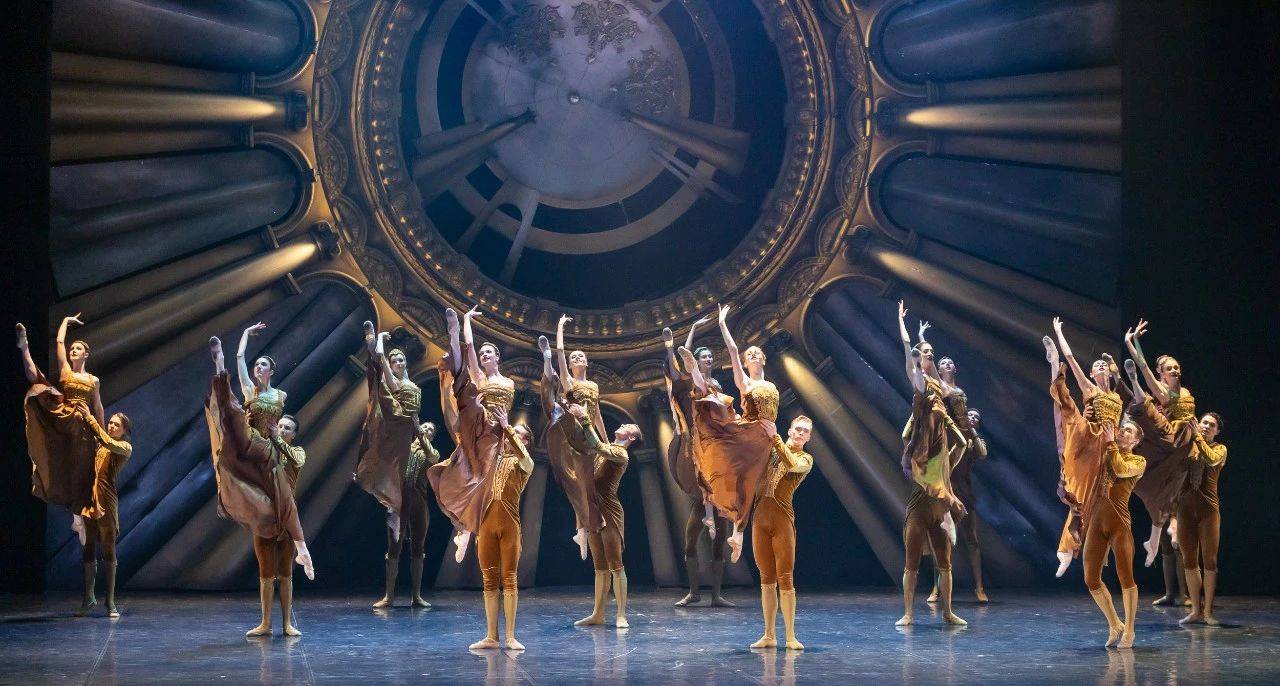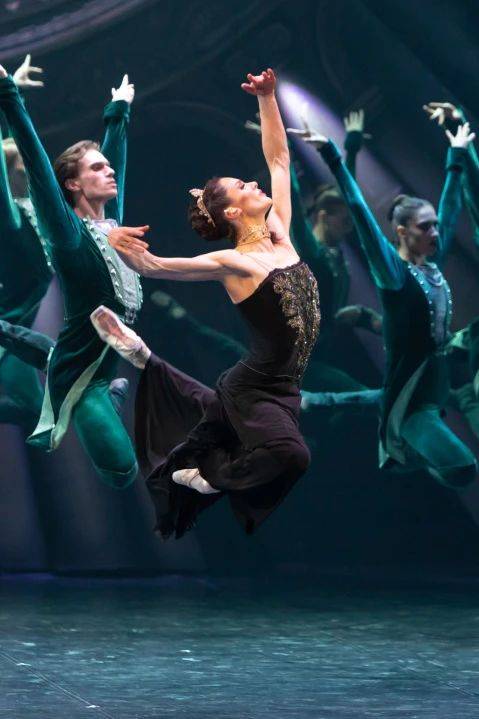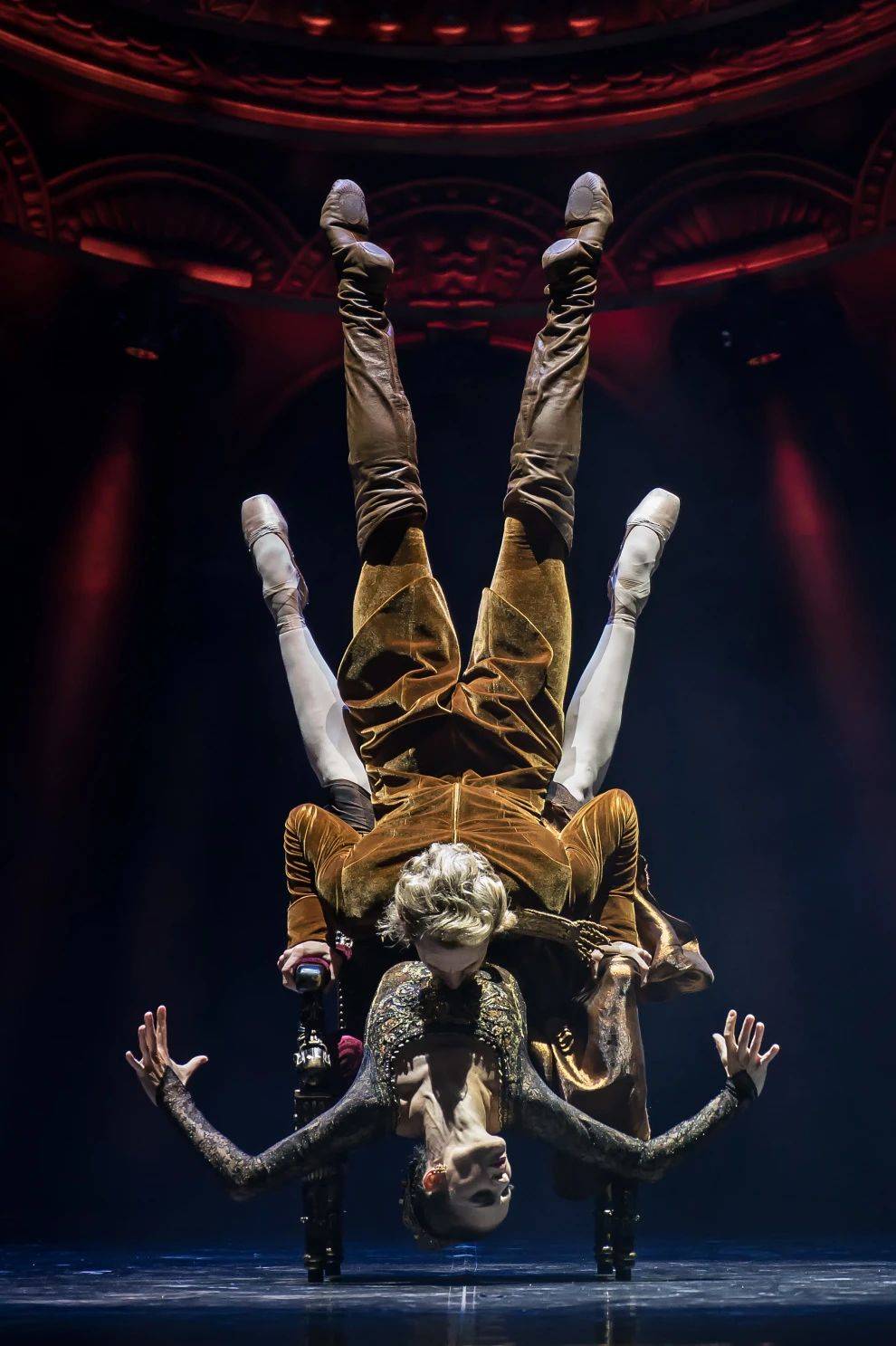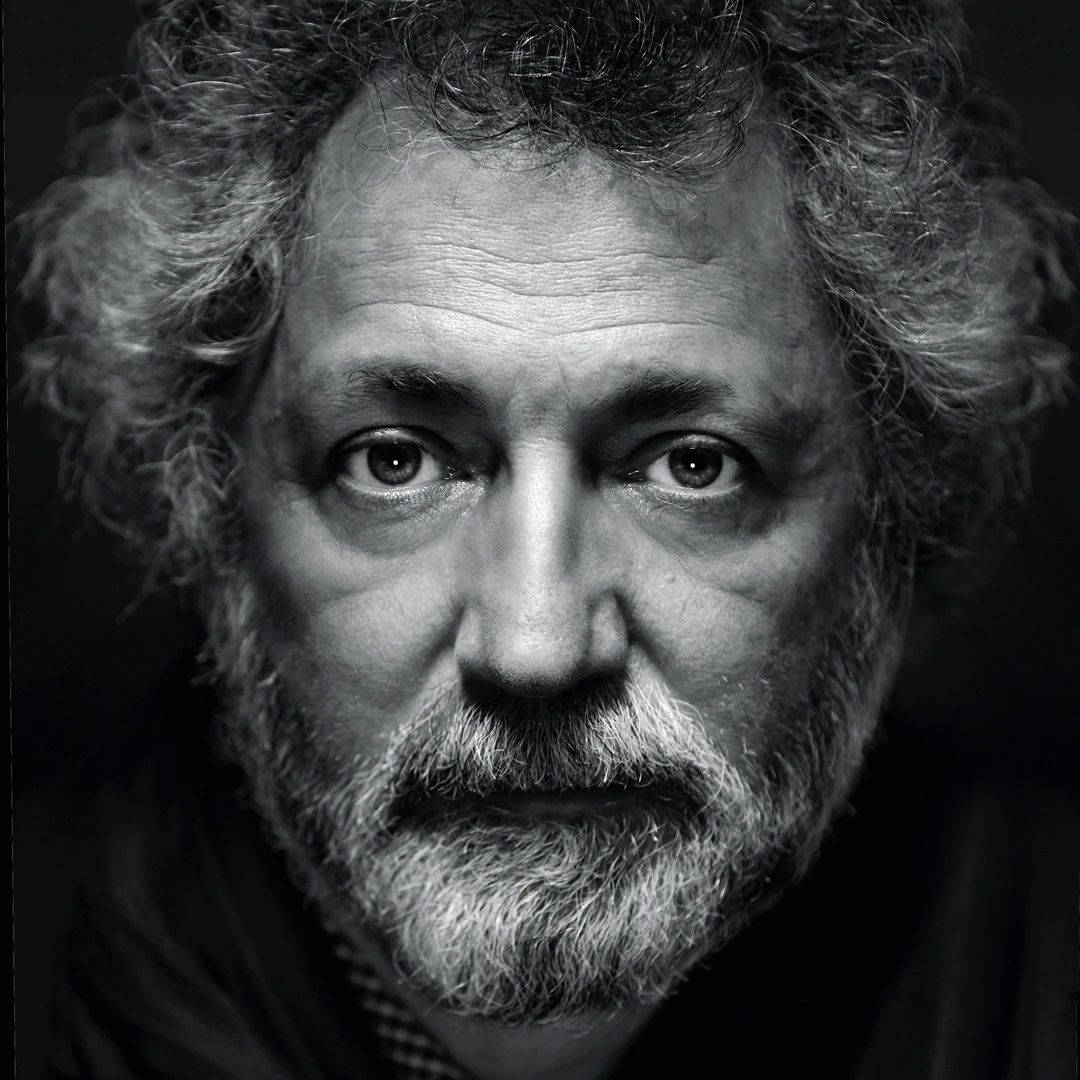
Russian Hamlet by Eifman Ballet of St. Petersburg
Venue:
Shanghai Oriental Art Center - Opera Hall
425 Dingxiang Road Pudong Shanghai
Date:
11/16/2024 - 11/17/2024

Russian Hamlet by Eifman Ballet of St. Petersburg
11/16/2024 - 11/17/2024
Shanghai Oriental Art Center - Opera Hall
425 Dingxiang Road Pudong Shanghai
¥280 - ¥1080
Event details
👉 Pick Up Ticket at Door: Use 247tickets+Name+Phone Number to Get Your Ticket From Ticket Booth at the Venue Before the Show
👉 Children Under 1 Meter Are Not Allowed to Enter
👉 All Attendees Require a Ticket
👉 No Cancellation
A ballet by Boris Eifman
Music: Ludwig van Beethoven, Gustav Mahler
Sets and costumes: Vyacheslav Okunev
Light: Alexander Sivaev, Boris Eifman
Music: Ludwig van Beethoven, Gustav Mahler
Sets and costumes: Vyacheslav Okunev
Light: Alexander Sivaev, Boris Eifman
Premiere: June 24, 1999
Revised: April 26, 2017
Revised: April 26, 2017

In his performance, the choreographer focused on the figure of Paul I – one of the most mysterious and contradictory characters in Russian history. Boris Eifman restricted the chronological scope of the production to Paul’s life as the heir to the throne and brilliantly portrayed the tragic confrontation between this extraordinary and fragile personality and the hostile world built on violence, treachery and lies.
During the years of its active stage life, the ballet was performed with incredible success in the USA, France, Italy, Germany, Austria, China, South Korea, Argentina and many other countries.
“With so many new solutions and artistic metaphors, with such levels of emotional intensity, this time Eifman outperformed himself, as he really has no one to compete with. Two leading ballet critics Anna Kisselgoff and Clive Barnes unanimously gave him precedence in modern ballet,” wrote well-known journalist Bella Yezerskaya after watching Russian Hamlet. The New York Times in the review of the production said that Boris Eifman “has a way with electrifying images and theatrical fantasies that other choreographers do not.” In 2012 the ballet was taken out the repertoire.
In the jubilee 40th season of Eifman Ballet, Boris Eifman turns to Russian Hamlet again as part of the trend in which he revives his famous earlier productions. He re-interprets the choreographic score to make it even more inventive, refined and emotionally intensive while the plot of the ballet remains essentially unchanged.


Prologue
Russia during the reign of Peter III. Catherine, the Emperor’s wife, is humiliated by the drunken debauchery of her unloved husband. Her Court Favorite aids her in staging a coup against the Emperor. Young Prince Paul becomes an involuntary witness to the assassination of his father.
Act 1
We are in the chambers of the Royal Palace. Paul is lonely among hypocritical courtiers, in the atmosphere of meaningless fuss of the maids, gossip and intrigue. The Empress, his mother is inaccessible, always shielded by her Favorite. Catherine is not prepared to share her power. She keeps her son away from the affairs of state.
The Empress comes to a decision that an early marriage might divert the Heir from any contemplation of succeeding to the throne.
Paul is happy with his wife, but she is filled with ambitious plans – she puts pressure on her husband to contest his right for the throne of Russia. The Empress discovers the young bride’s intentions. Lies and treachery are commonplace at court. Catherine’s next scheme destroys the Heir’s happy life in marriage following betrayal of his wife, who becomes the Favorite’s prey. But even that is not enough: the death of his beloved is the price he pays for pursuit of the throne.
Act 2
The labyrinths of the Royal Palace frighten Paul with cold hostility and take away the hope of breaking free from the power of the Empress. The Heir dreams of glorious military victories. But this is just an illusion of power.
In his reminiscences Paul sees his dead wife, his childhood, his murdered father. The masquerade ball, presided over by the Empress, grows into an orgy. Paul invites Catherine to a theatrical performance. The actors, instructed by the Heir, play the scene of the murder of the king by his unfaithful wife and her lover. The Empress, who recognizes the allusion to her participation in the conspiracy, is furious. Paul for the first time finds strength to stand up to his mother.
The Favorite is in turmoil. With his caresses he tries to reclaim the Empress’ affection but in vain – he served his purpose. The Ghost of the Heir’s father urges Paul to retaliate. In his imagination the Heir takes the longed for revenge: the Favorite dies in the arms of the phantom of the king he murdered. In the whirlwind of images Paul sees the Empress. Now it is her turn, he only has to wave his sword… but the Heir cannot deal a deadly blow to his mother. The Empress’ price for the throne is complete spiritual isolation. Fear of death fills her soul.
Even dreams about ascension to the throne do not bring joy to Paul. He foresees the fatal ending of his short-lived rule. The Heir is not destined to attain the glory of his mother. And Paul understands: he is only a prisoner of his dreams, a reflection of his own anxious phantasmagoria.

Boris Eifman

Eifman Ballet of St. Petersburg
Eifman Ballet of St. Petersburg was established by Boris Eifman in 1977 (the original name of the company was Leningrad New Ballet). The concept of the New Ballet was above and beyond innovative for its time: from the very beginning the vision was to develop it as an experimental laboratory, a ballet theatre of one choreographer.
The Company’s first performances, such as Two-Voice and Boomerang, had immediate success and prompted both strong interest of the audience and a lively discussion among ballet critics who recognised the development of a new trend in Russian ballet art. However, proponents of the traditional ballet school were rather reluctant to acknowledge the young choreographer’s influence. The novelty of Eifman’s approach to choice of literary basis and music for his productions, as well as the audacity of the body movement vocabulary earned him the reputation of a “dissident in choreography” that stayed with Eifman for a long time.
In the late 1970s – early 1980s the Company developed its own approach to shaping of the repertoire. The playbill included a growing number of productions based on the gems of classical literature. The choreographer worked with his company, noted for their dance intellect, to explore new genres. New productions: The Idiot, The Mad Day, or The Marriage of Figaro, The Legend, Twelfth Night, or What You Will, The Duel, The Master and Margarita, The Murderers and others – were distinguished by strikingly sharp choreographic patterns which aimed to express the height of passion experienced by the ballets’ characters.
Today ballet enthusiasts in Europe, Asia, the Americas and Australia admire productions of the Eifman Ballet of St. Petersburg: Red Giselle, Russian Hamlet, Anna Karenina, Eugene Onegin, Rodin, Her Eternal Idol, Beyond Sin, Requiem, Up & Down, Tchaikovsky. PRO et CONTRA, The Pygmalion Effect, Molière Passion, or The Mask of Don Juan, The Seagull. A Ballet Story. These widely acclaimed works not only represent the highest level of artistic achievement in Russian contemporary ballet but also introduce international audiences to the spiritual heritage of Russia and the best of world culture – the inspiration behind the work of the choreographer and his dancers. For several decades Eifman Ballet enjoyed success when performing in top venues across the globe. The Company’s ability to immerse their audiences into the boundless world of human passion, to build a strong spiritual bond, to amaze and sometimes overwhelm them by the intensity and energy of its plastique, defined and ensured its recognition.
Notice
Date:
Saturday, 16th Nov. @ 19:15
Sunday, 17th Nov. @ 14:00
Price: 280/380/580/880/1080
Duration: 120 mins (incl. an intermission)

Follow our WeChat for event news, deals, gossip and more!
Book Now
Russian Hamlet by Eifman Ballet of St. Petersburg
Venue:
Shanghai Oriental Art Center - Opera Hall
425 Dingxiang Road Pudong Shanghai
Date:
11/16/2024 - 11/17/2024
© 247tickets 2020 沪ICP备19024898号-2

 Add us on WeChat to speak to our friendly customer service team! ID: love247tickets
Add us on WeChat to speak to our friendly customer service team! ID: love247tickets